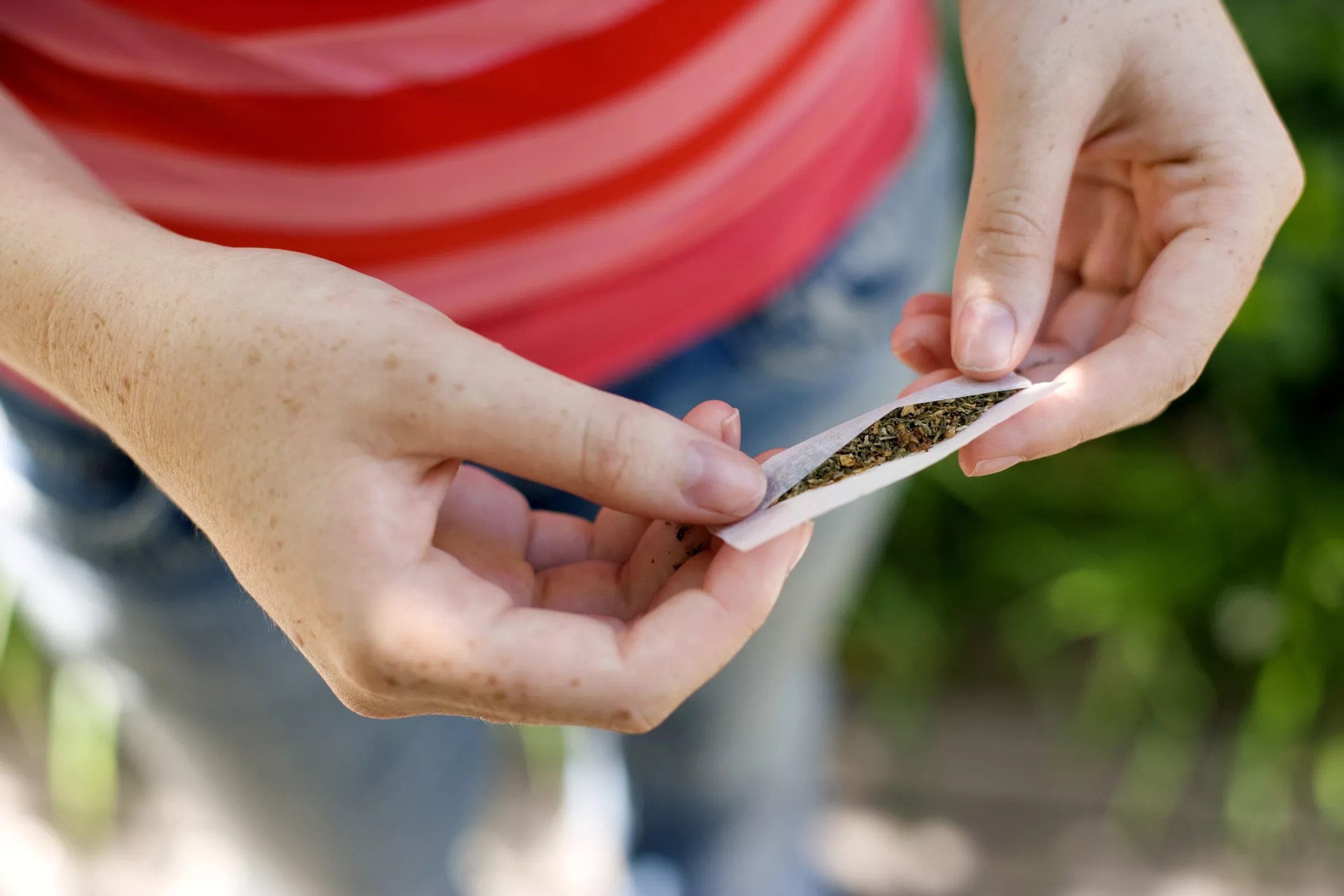
Getty Images/IAN HOOTON/SPL

Audio By Carbonatix
According to a recently published study from the Centers for Disease Control and Prevention, youth marijuana use decreased in the nation’s first three states to legalize recreational pot.
The CDC study, released October 4, reports that marijuana use among children in sixth to tenth grade residing in King County, Washington – the state’s most populated county and home to the Seattle metro area – actually dropped from 2012 to 2016. Further, the CDC study reported that youth marijuana use in Colorado and Oregon followed the same trend. All three states legalized recreational marijuana sales by 2015.
Two possible reasons cited by the CDC for the decline or absence of youth marijuana use were the possibility of the plant losing its novelty appeal, as well as the reduction of the illicit market in states with regulated sales.
However, it’s important to note that the study’s authors say that legalization’s effects “might be delayed,” and that the time frame of the study didn’t occur during “the more recent surge in e-cigarette use by youth and the use of tetrahydrocannabinol (THC) within electronic cigarette (e-cigarette) devices.”
Dr. Ashley Brooks-Russell serves as project director for the Healthy Kids Colorado Survey, a bi-annual study from the state Department of Public Health and Environment that monitors youth drug use. According to Brooks-Russell, there isn’t a clear explanation as to why Colorado hasn’t seen a rise in youth marijuana use since retail pot was legalized. However, she does believe that more protective parenting with regard to marijuana and drug use has increased.
“We’re in an age of protective parenting, where adolescence is being extended into adulthood,” she says. “It’s being protected longer, and parents are learning to become more aware of their kids’ activities.”
The CDPHE has been trying to push Colorado parents toward a more engaging role in their kids’ social lives and potential peer pressures, according to CDPHE marijuana communications specialist Tara Dunn, who says kids who feel like they can talk to their parents or another trusted adult about substance use are less likely to use marijuana.
“Parents play an important role in preventing youth marijuana use,” she says. “Educating kids about marijuana early and keeping that conversation going is really important.”
And that conversation doesn’t really end as kids grow up. Kids are always changing interests and friend groups, Dunn adds, so it’s important for parents to be aware of social and stress factors in their kids’ lives, and continue maintaining an engaged role.
Brooks-Russell also advocates for “parental monitoring,” and says parents should always work to improve communication with their kids. Setting clear family expectations and knowing a child’s friend circle helps parents stay aware of what environment their kids are in outside of the house, she says.
“Parents need to have a conversation and make it clear what their expectations are,” she says. “It’s important to help their kids avoid situations that might cause drug use, such as not knowing who their kids hang out with or leaving their kids home alone.”
According to a 2018 survey from Healthy Kids Colorado, kids who know their parents disapprove of underage marijuana use are 72 percent less likely to start using, while kids who have other trusted adults they can talk to about their problems are 30 percent less likely to try marijuana. School performance can also be a factor in youth marijuana use, according to to the survey, as 28 percent of students who receive affirmation for their work are less likely to use marijuana.
“Kids who don’t feel connected or feel good in school may affiliate with other teens who use drugs,” Brooks-Russell explains. “And drug use is affiliated with poor school performance.”
For parents who may not be sure about how to talk to their kids about marijuana, Colorado has several statewide campaigns that teach both parents and kids about the effects of marijuana use. The CDPHE currently funds five community organizations that serve eleven counties to teach adults about youth marijuana use, while websites such as responsibilitygrowshere.com can be online sources for parents to learn more about youth marijuana use.
“Educating yourself is important,” Dunn says. “It helps you, and also helps your kids in the long run.”